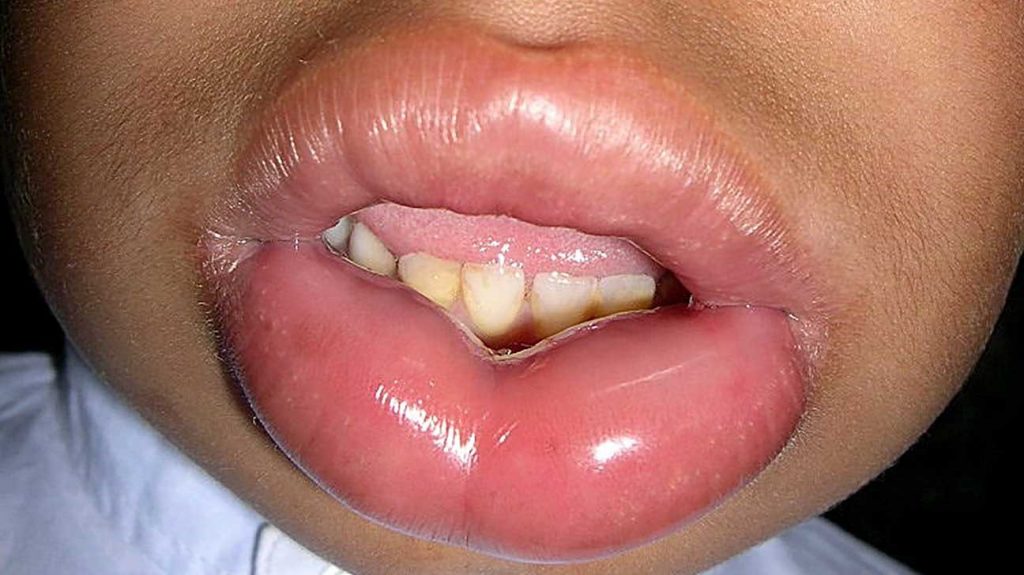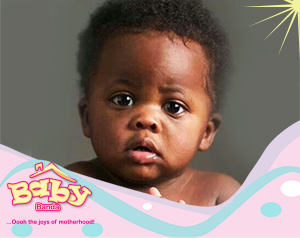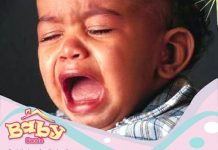It’s normal to discover that your toddler is allergic to things you’ve never been allergic to. The most common allergens among Kenyan children are dust, pollen, and food. You must have your child tested as soon as you suspect he/she is sensitive to some foods, pets, or dust. Please don’t buy drugs over the counter without a prescription.

Common symptoms of allergies
The symptoms will vary depending on the allergen your child has come into contact with but some common reactions are:
- Skin rash or a rash around the eyes and mouth
- Swollen lips, arms, legs or face and watery eyes
- Coughing and sneezing
- Itchy nose and mouth
- Stomachache and diarrhea
- Fainting
- Difficulty in breathing
Common causes of allergy
Food
- Wheat
- Soy
- Dairy
- Nuts, e.g. peanuts
- Fruits like strawberries
- Eggs
- Fish
- Beans
Pets
If you notice that your baby gets a stuffed nose each time he/she interacts with your pet, it could be an allergic reaction.
- Cats
- Dogs
- Horses
Pollen and dust
You might notice that your child experiences the symptoms highlighted above at certain times of the year. For instance, during the maize season, when sweeping a dusty floor or coming into contact with napier grass. In such cases, the toddler might be allergic to pollen or dust. Kindly do not dismiss any of the mentioned reactions because they can be life-threatening.
How do you diagnose allergies in toddlers?
As a parent, you can help the doctor give the right diagnosis for your baby’s condition.
First, write down the symptoms as they manifest and check whether anything could be triggering them. For instance, does the child start coughing when the cat is in the house? Do the lips swell whenever the child drinks cow’s milk? Two, keep a journal of the frequency of these symptoms. That way, you can rule out other conditions like flu.
Treatment for allergies
In reality, allergies have no cure, so most doctors prescribe medication to help manage the signs. For instance, you will get an inhaler for breathing problems. For this reason, we advise parents in Kenya to teach their toddlers the best way to avoid triggers that would result in a severe allergic reaction. You can also do the following at home to protect your toddler:
- Make sure you clean the house regularly.
- When sweeping, sprinkle some water to settle the dust. Also, ask the child to move far from the house while you clean.
- Wash bedding and mattress frequently.
- Choose alternative food like goat milk in place of cow milk.
- Avoid overindulging in dairy products and eggs when pregnant and when breastfeeding.
- Keep your pets outside the house.
- Kindly do not buy wall-to-wall carpets if your child is allergic to dust unless you intend to vacuum them every week.
Conclusion
Take your child to the nearest hospital if you suspect he has an allergic reaction. Give as much information as possible to the doctor, and all will be well.













